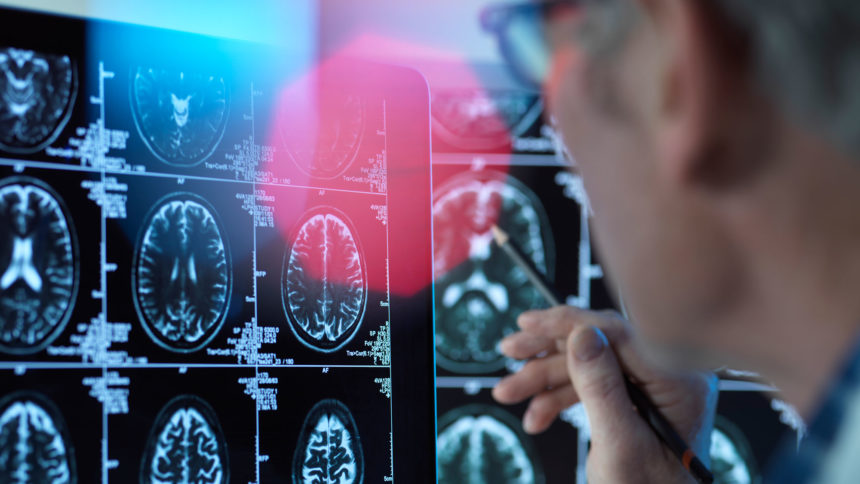
People with subjective memory complaints include two subgroups, and being in the lower performance cluster increased the risk for cognitive impairment, according to a study published Thursday in Alzheimer’s & Dementia. Specifically, that cluster included biomarkers consistent with incipient Alzheimer’s disease pathology, the data showed.
Subjective memory complaints involve the way people perceive their memory when they don’t show evidence of cognitive impairment. The prevalence of those complaints is high, with some reports showing anywhere from 25% to 50% of older adults have perceived memory issues. Even if the memory issues are not diagnosed, they can have a negative effect on their quality of life, the authors pointed out.
There are structural and functional changes in the brains of people with memory complaints, and biomarker levels that are somewhere between those in healthy older adults and those with mild cognitive impairment. Some experts think that subjective memory complaints are part of the spectrum of neurodegenerative disease development. But studies haven’t been conclusive, and they often include different definitions and neuropsychological tests.
The researchers in this study performed an analysis on two datasets of 630 and 732 individuals. The team looked at demographic and neuropsychological data, including bloodwork, neuropsychological assessments and brain scans from people with subjective memory complaints, and they compared them with healthy controls.
Two clusters with higher and lower than average cognitive performance were detected in people with memory complaints and healthy controls. But being in the lower performance cluster meant an increased risk of cognitive impairment in both datasets, the data showed.
This study provides evidence of the presence of cognitive clusters that hold biologic significance and predictive value for cognitive decline in people with subjective memory complaints as well as healthy controls, the authors wrote.
“The identification of two distinct cognitive clusters among patients with subjective memory complaints aligns with previous research investigating cognitive profiles in various populations,” they said.




